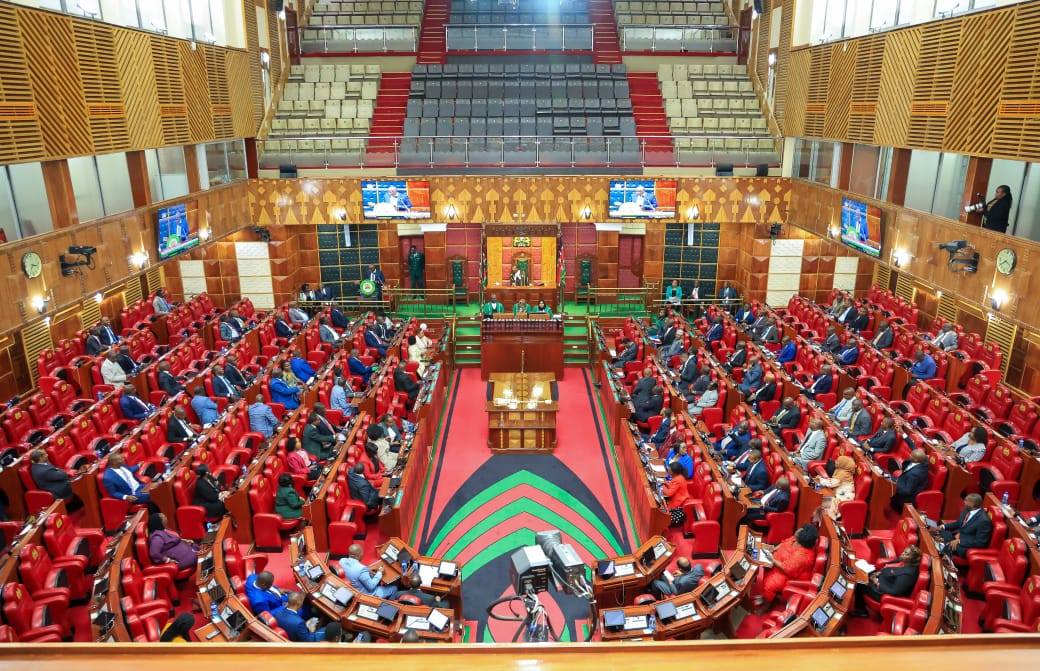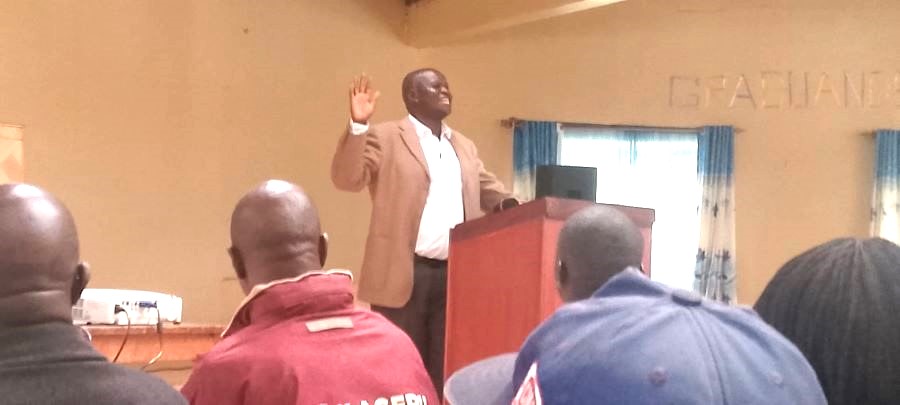Examination panic affects all candidates, whether it’s through an ordinary class setting or a face-to-face interview for employment or promotion to a higher status. There’s normally a feeling of fear, anxiety, or uncertainty that needs to be addressed for completeness to be realized. Due to the confidentiality of different examinations, nobody has ever known the structure and nature of the questions expected, some of which could be set outside the expected parameters.
To effectively manage examination panic, it’s advisable for all candidates to create a workable study schedule. This would involve summarizing all the voluminous study materials covered over a specified period into small, condensed, manageable chunks that set realistic goals which can easily be achieved. Anxiety is exacerbated by lack of sleep, as candidates try to imagine and figure out the nature and form of expected questions during the examination.
For the best possible examination outcomes, proper nutrition is advisable. This is necessary so that one can remain healthy. Some candidates over-concentrate on a lot of reading and fail to exercise regularly. Being docile would challenge good results. Excessive use of caffeine and sugar can disable good appetite for food and make one eat casually, which can also be a great impediment to good performance. All candidates have to strive to strike a balance between proper hygiene, reading, and exercise so that they can be abreast with examination demands.
Learners or candidates who enter the examination room with inadequate mastery of requisite examination content are normally panicky. As such, learners are advised to fully concentrate on their class work and syllabus so that they can be confident in their bid for perfectly taking the examination. Some learners do arrive late at the examination venue, largely because of improper time management, transportation problems, and on rare occasions, unforeseen circumstances.
ALSO READ:
Embattled teacher sues TSC over defamation, demands apology and cleared record
According to the Kenya National Examinations Council, candidates are required to arrive at the examination room 15 minutes before the scheduled start time, mainly because of seating and frisking. Conversely, candidates who arrive more than 30 minutes late may not be allowed to sit for the examination, except under special circumstances determined by the supervisor, which is only after providing a satisfactory explanation.
As the examination is in progress, candidates have to remain calm by taking deep breaths and trying hard to relax. It’s necessary to remind oneself that they prepared well. Some learners who have a perennially good performance score over the years may end up performing dismally because of failure to understand what is expected of them. Candidates have to fully embrace the art of reading instructions and questions properly, mastering the important demands that are asked, and taking care of every detail, however small it might appear.
All the questions are artistically designed to demand a particular answering format, length, structure, among other specific details. Effective time management can be successfully achieved when instructions are read and properly understood by the candidates. The gist of instructions and questions ensures that the answers are close to what the marking scheme requires. It’s advisable for candidates to highlight all the possible key points in a particular question so that they can remain fully focused on the demands of the questions.
Candidates have to double-check by verifying that they have understood the instructions carefully and ensure that they have followed them as required. Being focused on answering one question at a time is also important. Learners are advised to avoid thinking about the entire examination. Skipping certain questions so that one can handle them later has at times proved to have worked painfully against the learner, especially for multiple-choice questions. A lot of answering without a break has also proved to be detrimental, and as such, one has to have a small recess so that proper organization of ideas can be done.
ALSO READ:
PS Bitok assures of timely capitation release, smooth grade 10 transition
After the examination, some learners do reflect on the mistakes they made during the examination, which is indeed very wrong. It’s essential to reflect positively on what one did well because negative reflection can’t change anything. Some other candidates do overanalyze their performance, which in most cases may lead to unnecessary stress. The candidate is advised to focus on the next challenge away from examinations.
After taking exams, candidates will be on their own, and as such, they have to practice relaxation techniques such as deep breathing and meditation. These will help in managing anxiety. Talking to friends, counselors, and relatives has been noted as a very significant step towards eradicating examination anxiety. Valuable support, counsel, and even guidance come from these prime members.
After exams, candidates have to restructure and completely reframe their thinking and look at examinations as opportunities that help them demonstrate their knowledge and skills rather than avenues to project threats. By following these simple advisories, examination anxiety can be managed in a better way, and candidates can perform to the best of their abilities.
By Hillary Muhalya
You can also follow our social media pages on Twitter: Education News KE and Facebook: Education News Newspaper for timely updates.
>>> Click here to stay up-to-date with trending regional stories
>>> Click here to read more informed opinions on the country’s education landscape






